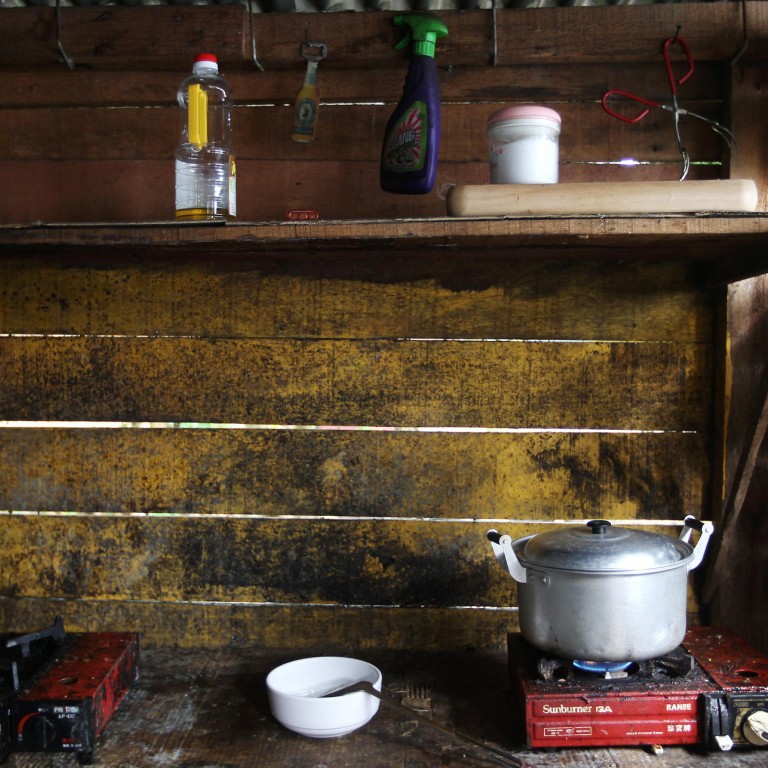
Investigation reveals appalling living conditions of asylum seekers
Post investigation reveals the appalling living conditions endured by hundreds of asylum seekers on makeshift camps in New Territories
When an asylum seeker was rushed to hospital after drinking contaminated water, the degrading conditions in which he was forced to live were exposed.
His makeshift home was a stinking old pigeon shed with no drinking water.
Now the has found hundreds more asylum seekers living in squalid, ramshackle homes.
And like the pigeon shed, they are all approved and supported by the International Social Service Hong Kong (ISS-HK).
While the shed is now at the centre of an investigation into the provision of "inappropriate accommodation", a reporter found degrading conditions and lack of basic necessities at 17 different compounds in the New Territories.
There was a lack of clean and safe drinking water, with some ISS-HK clients having to use a public toilet as their bathroom.
Others told how the tap water was making them ill. One talked of suicide and others told of their stress and helplessness at having to endure such conditions.
In one compound, ISS-HK clients all had different addresses on their contract - and none of them matched the address on the electricity bill.
Rights group Vision First estimates up to 1,000 refugees are living in similarly dire conditions. The outskirts of towns such as Fanling and Yuen Long are home to at least 24 more makeshift shacks - just like the pigeon farm at Hung Shui Kiu, just north of Tuen Mun.
The came into contact with several landlords and "managers" during a series of site visits. We approached existing ISS-funded landlords posing as potential ISS-HK clients.
We were offered rooms for more than the HK$1,200 rental cap set by the government.
Asylum seekers are at the mercy of a cap on rental assistance and opportunistic landlords wanting more money.
Despite the threat of detention, asylum seekers are forced into work to pay their rents and utility bills. Each compound looks empty and derelict, but beyond the rusty fencing are communities priced out of the simplest of village houses - and all paid for from government funding.
Some residents have spent six years living in the same shacks, which are overseen and approved by ISS-HK.
Residents often complain of a lack of support from their caseworker, alleging there is sometimes just one home visit a year.
In a previous interview, ISS-HK director of migrants programme Adrielle Panares said asylum seekers were unwilling to move. However, they are all but trapped.
Even though they are having to top up the rent themselves, there are few cheaper alternatives that offer any improvement on their living conditions.

